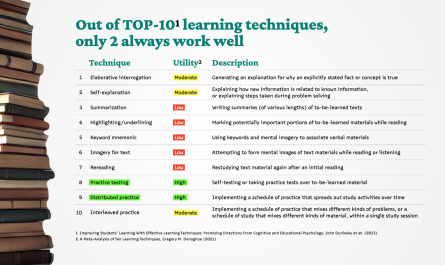Elon Musk says:
We don’t really patent things. Patents are for the weak.. The problem is patents are generally used as a blocking technique. They’re like using landmines in warfare. They don’t actually help advance things. They just stop others from following you. And most patents are BS.
Elon Musk, SpaceX founder
I would argue that. Patents are also for those startups who don’t want to raise investments, earn money by suing the copycats, and hinder competitors through IP.
However, if a startup decides to focus on patents, it can help in attracting investments and negatively impact the growth and innovation of competitors:
- Patenting helps high-tech start-ups in the UK experience higher asset growth of between 8% and 27% per annum, https://www.sciencedirect.com/science/article/abs/pii/S0048733311000680
- Intensified patent trading and credible venture capital commitments significantly increase startup lending rates in innovation-intensive sectors, https://papers.ssrn.com/sol3/papers.cfm?abstract_id=2506911
- Quick patents enhance inventor rewards and generate positive externalities, while broad patents increase future growth and innovation but negatively impact rivals’ growth and innovation, https://papers.ssrn.com/sol3/papers.cfm?abstract_id=3511268.
So, it all depends on the goals, business-model and your startup idea.
For example, the research agency CSIRO invented and patented WLAN technology, which formed the basis of Wi-Fi, and 15 years later sued all major vendors for $430M, including Microsoft, HP, and Dell. This was a clear business model (or strategy), where initially they stayed silent while everyone used their patent for free to ensure widespread adoption, making it hard to escape from their technology, and then they started suing. https://theconversation.com/patently-australian-csiro-settles-suits-over-wi-fi-6184
Another example is that semiconductor manufacturers (such as Intel, NVIDIA and so on) don’t need too many patents to protect their technological know-how to slow down their rivals, because their know-how is literally baked into the chips, which are difficult to reverse engineer (although it is still possible to some extent)
So patents are not just for the weak, but the weak tend to use them more. But if your startup is strong and has patents — it can be an additional leverage in raising funds and (!) you can still choose not to use them in an unfair way to sue and slow down your competitors.







